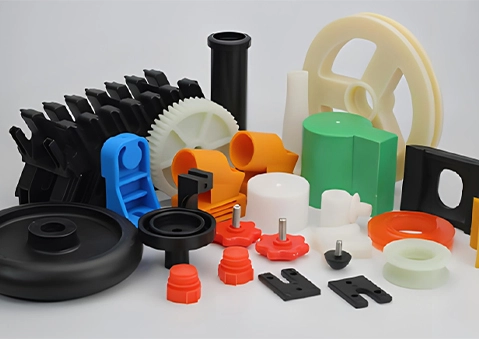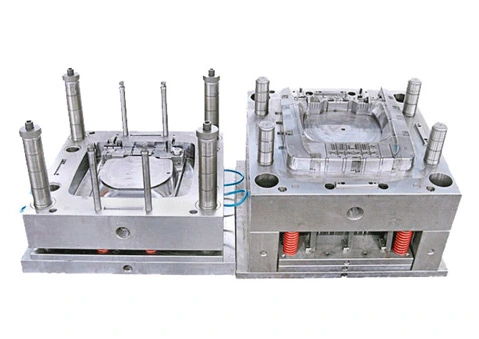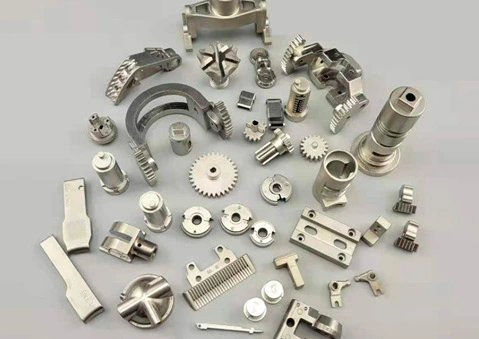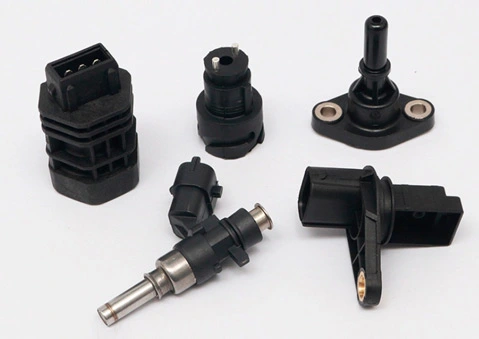What are you looking for?
Essai has a group of experienced designers, engineers, and technicians, who are highly skilled in injection molding, finishing, and assembly work in every conceivable product category including Medical, Automotive, Military, Family Appliance, Aerospace, and Telecommunications.
Advantages of injection moulding:
1. Rapid Turnaround
We offer fast mould lead times: in as fast as 10 business days for rapid tooling and up to 20 days for production tooling.
2. Serial Production
Ideal for the production starting from 100 parts.
3. Precision
We offer tight tolerance options by 1s0 16742, up to +0,07 mm depending on the precision of the mould and size of the parts.
4. Tooling
Single, multi-cavity, and family mould options.
5. Material Selection
Vast materials selection allows you to get the desired strength and surface quality. Such as ABS, PC, POM, PS, Nylon, PP, PA6+30%GE PC+ABS, PMMA, Actel, Peek, PE, ......ect.




Plastic injection molding involves injecting molten plastic into a mold cavity for mass production, where it cools and solidifies to form the desired shape. At Essai, Industrial Engineering Services Ltd, we provide the most dependable plastic injection molding services in the industry. The choice of material greatly impacts the final product's strength, durability, and aesthetics. Essai commonly used materials in plastic injection molding:
1. Polypropylene (PP): Known for its versatility, PP is a widely used thermoplastic that offers excellent chemical resistance, low cost, and good impact strength.
2. Polyethylene (PE): PE is another popular thermoplastic with different variations, such as high-density polyethylene (HDPE) and low-density polyethylene (LDPE). It is known for its toughness, flexibility, and resistance to chemicals.
3. Acrylonitrile Butadiene Styrene (ABS): ABS is a commonly used engineering thermoplastic known for its high impact resistance, strength, and heat resistance. It is often used in automotive parts, electronic housings, and consumer goods.
4. Polycarbonate (PC): PC is a transparent and impact-resistant thermoplastic widely used in making safety glasses, electronic components, and automotive parts. It offers excellent optical properties, high heat resistance, and good dimensional stability.
5. Polyethylene Terephthalate (PET): PET is a versatile thermoplastic known for its excellent moisture barrier, clarity, and toughness. It is commonly used in packaging applications, such as bottles for beverages and personal care products.
6. Polyoxymethylene (POM): Also known as acetal or Delrin, POM is a high-strength thermoplastic with exceptional dimensional stability and low friction properties. It is often used in precision parts and gears.
7. Nylon: Nylon is a strong and lightweight thermoplastic that offers excellent wear resistance, chemical resistance, and low moisture absorption. The nylon plastic injection molding is commonly used in applications requiring high strength and durability, such as gears, bearings, and mechanical parts.
These are just a few examples of the materials commonly used in plastic injection molding. The selection of the appropriate material depends on the specific requirements of the product, including mechanical properties, chemical compatibility, aesthetics, and cost considerations.
Injection molding is an efficient and economical molding method. Compared with the dewaxing casting method, the mold cost of injection molding is lower, the production cycle is short, and the mass production is more time-saving and labor-saving.

We are warmly welcome your inquiry, you can call or send a email directly, we are always here to support you for engineer manufacture solution, DFM, price ideal whatever you need.